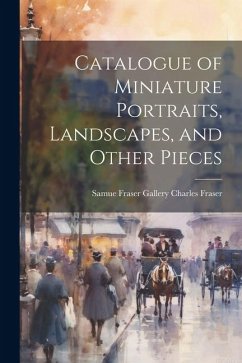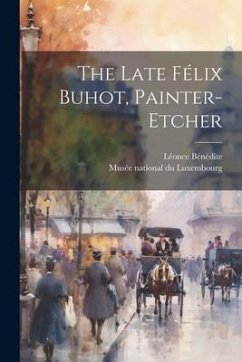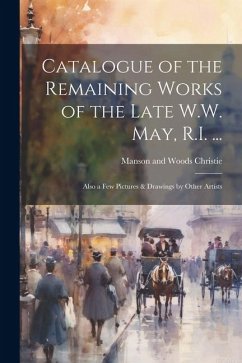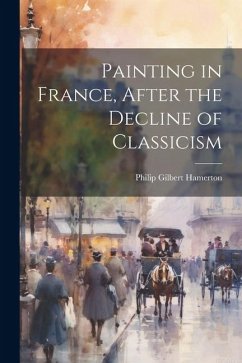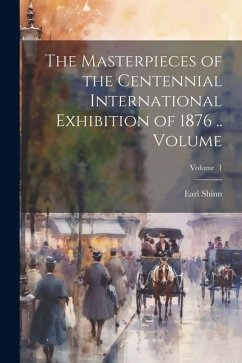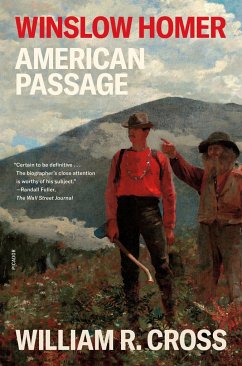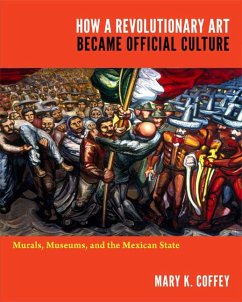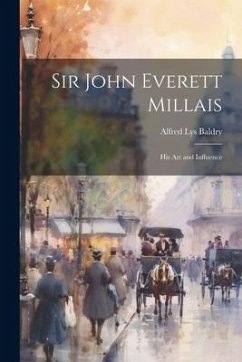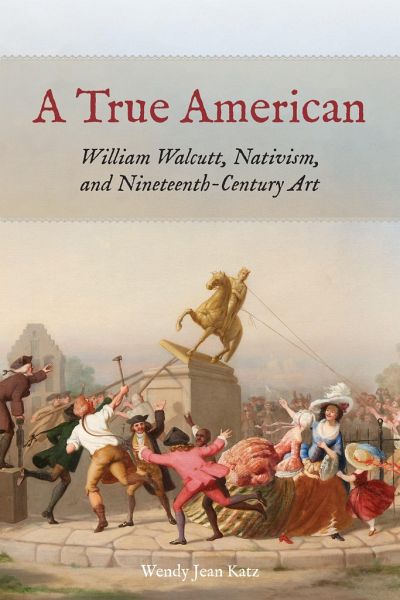
A True American
William Walcutt, Nativism, and Nineteenth-Century Art

PAYBACK Punkte
15 °P sammeln!
This book argues that nativism, the hostility especially to Catholic immigrants that led to the organization of political parties like the Know-Nothings, affected the meaning of nineteenthcentury American art in ways that have gone unrecognized. In an era of industrialization, nativism¿s erection of barriers to immigration appealed to artisans, a category that included most male artists at some stage in their careers. But as importantly, its patriotic message about the nature of the American republic also overlapped with widely shared convictions about the necessity of democratic reform. Move...
This book argues that nativism, the hostility especially to Catholic immigrants that led to the organization of political parties like the Know-Nothings, affected the meaning of nineteenthcentury American art in ways that have gone unrecognized. In an era of industrialization, nativism¿s erection of barriers to immigration appealed to artisans, a category that included most male artists at some stage in their careers. But as importantly, its patriotic message about the nature of the American republic also overlapped with widely shared convictions about the necessity of democratic reform. Movements directed toward improving the human condition, including anti-slavery and temperance, often consigned Catholicism, along with monarchies and slavery, to a repressive past, not the republican American future. To demonstrate the impact of this political effort by humanitarian reformers and nativists to define a Protestant character for the country, this book tracks the work and practice of artist William Walcutt. Though he is little known today, in his own time his efforts as a painter, illustrator and sculptor were acclaimed as masterly, and his art is worth reconsidering in its own right. But this book examines him as a case study of an artist whose economic and personal ties to artisanal print culture and cultural nationalists ensured that he was surrounded by and contributed to anti-Catholic publications and organizations. Walcutt was not anti immigrant himself, nor a member of a nativist party, but his kin, friends, and patrons publicly expressed warnings about Catholic and foreign political influence. And that has implications for better-known nineteenth-century historical and narrative art. Precisely because Walcutt¿s profile and milieu were so typical for artists in this period, this book is able to demonstrate how central this supposedly fringe movement was to viewers and makers of American art.



